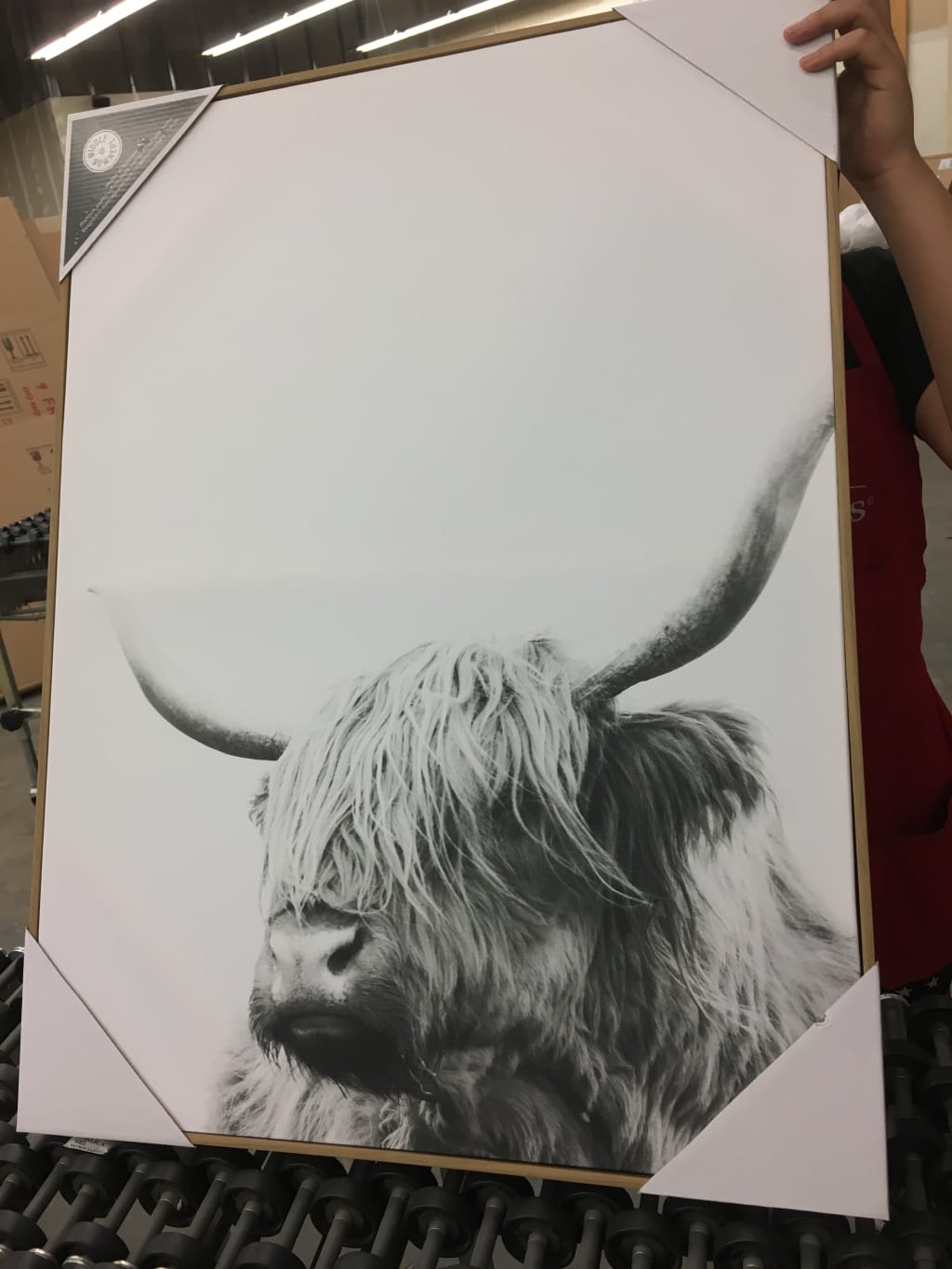Zodiac Signs and Psychology
What Buzzfeed Forgets to Mention

“You’re such a Capricorn”—the statement that started my journey of understanding the categorization of personalities and self-discovery. I soaked up every article that came my way on Facebook, every “Tell Us Your Sign And We’ll Tell You What Flavor Cheesecake You Are” quiz, all because I’m obsessed with the idea of predicting behavior and putting people in boxes. It’s been six or so years since I started logging my own findings, trying to bridge the gap between behavioral art and science. What I can tell you is this: every story has multiple pieces, as do our personalities.
The easiest way to introduce this topic for the first time is to imagine the moon and its push and pull effects on the Earth’s tides—this considered, it’s easy to see why we, 90%+ composed of water, can be affected by the great chunks of matter called planets.
We always lose the skeptic’s interest at this part, asking, “How can I and a person born on the same day be so different if zodiac signs are legitimate?” And I agree, there may be some crazy differences. But we are humans with different experiences/memories, demographics, genetic dispositions, and therefore, potentially different characteristics arise based on our keen ability to adapt in this world. So let me give you another visual that was given to me:
Imagine the solar system the exact moment you were born, all the coordinates aligned and planets in whatever positions. This very second, your body leaves its own anti-gravity space chamber and enters the Earth realm, and in that instant, the Solar System’s energies are stamped onto you—BAM. Like a paintball hitting a canvas at 300fps, you’ve been marked with the universe’s energies at that moment in time. Now remember, you’re still an individual with originality, and nobody is going to take that away from you. (Not that we don’t remake the same terrible movies every couple of years or harvest inspiration through other artists.)
Most people can identify what’s called their Sun sign, which is coincidentally the only thing mainstream articles even touch on. It tells you general characteristics and what you naturally strive to be in life. This is a small snapshot into who you are, and I’ve even seen men relate to their Moon Sign and grow into their Suns as they age.
There are more layers to your personality than the generalities. You are a target—the very outer ring is what everyone sees at first glance, how confident you are walking down the street, unaware. The second ring is your “in generals,” who you strive to be when people are looking. The third ring is your internal monologue, your emotional response, and your motivation in a lot of ways. Another ring, how you communicate to the outside world and how you learn. Another, your drive and energy levels as well as passion. Another, your love life characteristics, the inner most ring.
Obviously we are intricate and complicated. 10 chunks to worry about. That’s essentially 10 signs that compose who you are and how you respond to specific situations. (There’s more, but let’s start slow.) Below, you’ll see what each of the chunks do.
Sun sign: general characteristics (based on the MONTH you were born)
Moon sign: emotional responses (Based on the DAY you were born)
Ascending: everyone’s first impression of you and physical traits (based on the TIME you were born)
Mercury: communication (these next three cycle every couple of months)
Mars: drive, passion
Venus: love characteristics
Neptune: dreams (the planets including and after this one are more generationally based)
Uranus: rebellion, individuality
Jupiter: luck, expansion
Pluto: transformation
So, while someone may be a Sun Capricorn, their Moon may be in Cancer. This means that while they have rigid characteristics of Capricorn, their emotional state may be more sensitive and watery (as Cancer is a water sign). But their communication style could be that of Aries—harsh, self-centered. All of this, and their Venus could be in Libra—self-sacrificing and poetic in love. There are so many factors to one person’s chart, which is why, to me, it’s easier to learn your own chart while studying characteristics of each sign and what the planets do in order to study other people. To really understand someone (what motivates them, what bothers them, what makes them satisfied) all you have to do is read about them.
And all of this can be found by looking up your Natal Chart. It will give you the information you need to see exactly what sign characteristics you have in each of these areas. It’s like clockwork after awhile; you chart, analyze, shift your own personality to fit the other person’s, and there you have it—a diplomatic and smooth sailing set of interactions for the duration of that connection. Fights with coworkers no longer exist because you know what they need to be happy. Friends open up and talk about solutions with you because they feel you understand them.
The reason why I jumped into what the signs do and all of the layers they have is this—if personality types can be tracked with empirical data, things like psychological disorder predisposition, job turn over, dating incompatibility, and communication errors can literally be eliminated. If we can use information like this to foresee potential problems, why wouldn’t we?
Why wouldn’t we take an interest in the fact that bipolar disorder is more common in the adults born during winter months, or the fact that schizophrenics are more likely to be born in February? That serial killers are, statistically, Gemini/Virgo/Cancers? Even guessing that Person 1 may need to look like they have their ducks in a row while Person 2 needs to feel like they have their ducks in a row, doesn’t that make us more aware and willing to adapt to the needs of others if they’re mapped out? There are too many coincidences, too many sources of knowledge to ignore. We have the potential to change the world with self-discovery and awareness. If our mission is to truly change peoples lives (I’m talking to the empathetic folks out there, even though that term has been abused), it starts with understanding psychological primal needs and incorporating that knowledge when we’re searching for solutions. In short, to love your neighbor you must understand your neighbor. Here’s to our neighbors.






Comments
There are no comments for this story
Be the first to respond and start the conversation.